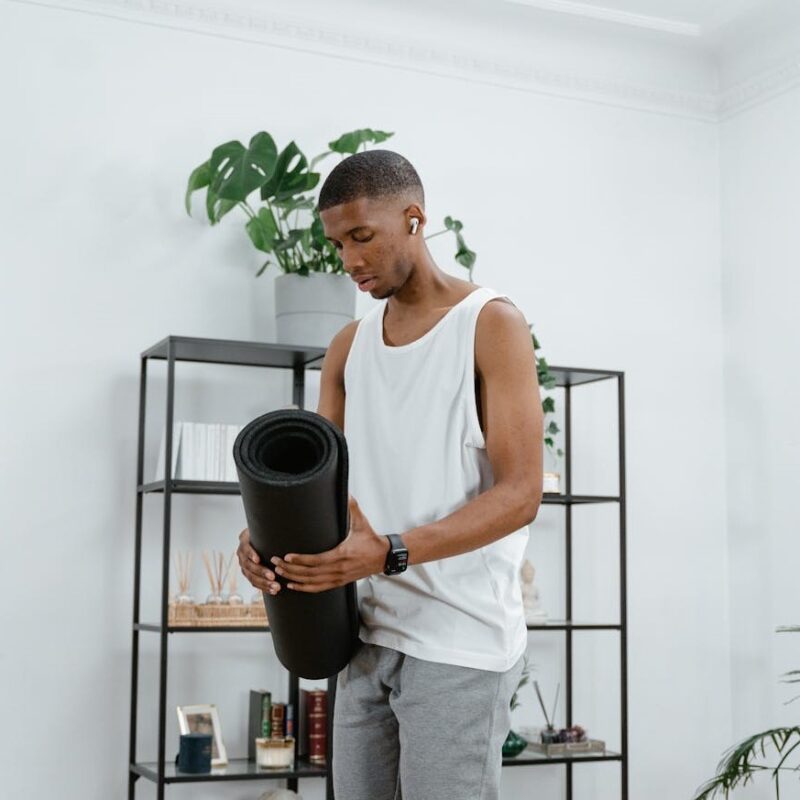How To Choose The Best Protein Powder?

Whether you’re new to the fitness world or consume protein powder regularly, the huge variety of protein supplements can confuse you. You cannot just walk into a store and grab any protein powder with attractive packaging. Of course, you cannot judge a book by its cover!
If you’re wondering which protein powder is best or how to choose the best protein powder, you’re not alone. To make things easy, we have prepared a complete guide on how to choose your protein powder. While selecting a protein powder, you need to consider the protein content, ingredients, your fitness goals, etc.
Now, let’s discuss all the factors you need to consider while choosing your protein powder.
How to choose a protein powder?

While some protein powders are better than others, it’s not necessary that the best protein powder will suit you as well. You need to determine your fitness goals and requirements to find the best protein powder. Let’s break down all these factors.
1. Consider the source of protein
Considering the source and type of protein powder is the first thing to consider.
Whey and casein are milk-based protein powders and are considered the best type due to their high protein content.
Rice protein, pea protein, soy protein, and hemp protein are great options for vegans and people who prefer dairy-free powders.
Soy protein has the ability to promote muscle growth and is highly effective for people who do resistance training.
Pea protein is hypo-allergenic and digests quickly. It can be a great alternative to animal-based protein. Also, a study revealed that pea protein is generally helpful in promoting muscle thickness during resistance training.
Although hemp protein is a great source of fiber, it isn’t considered a complete protein due to the lesser amount of lysine in it.
Similarly, you can opt for other plant or animal-based protein powders if they suit your fitness goals.
2. Check the protein content
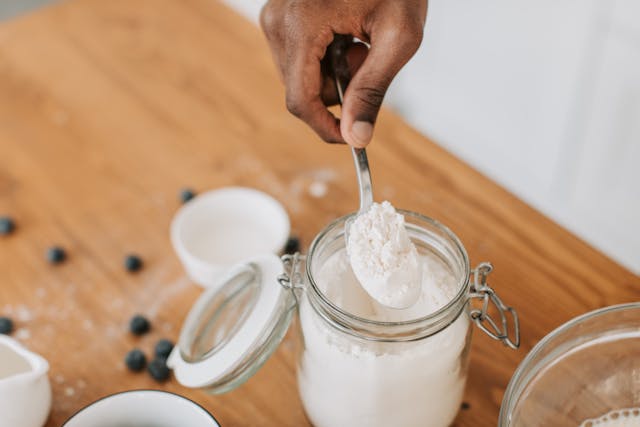
Always be sure to check the concentration of protein per scoop. Otherwise, you will only pay more to get less protein per scoop.
An easy way to calculate this is to divide the protein per scoop by the scoop size.
For example, if your protein powder has 24g of protein in one scoop, and the scoop size is 30g, that’s an 80% protein concentration.
Ideally you’d also want to aim for something 80% or above to get the most bang for your buck.
In general, a person needs 15-25 grams of protein content. Therefore, make sure that your scoop of protein powder has this amount of protein.
Luckily, our HyperWhey fulfills all of these protein requirements. So, if you’re worried about choosing the right protein powder, we recommend opting for HyperWhey. This unflavored and minimal protein powder has good EAA and BCAA content, and 80% protein concentration, along with many other benefits.
Thus, it can fulfill your protein needs the right way!
3. Go for minimal ingredients
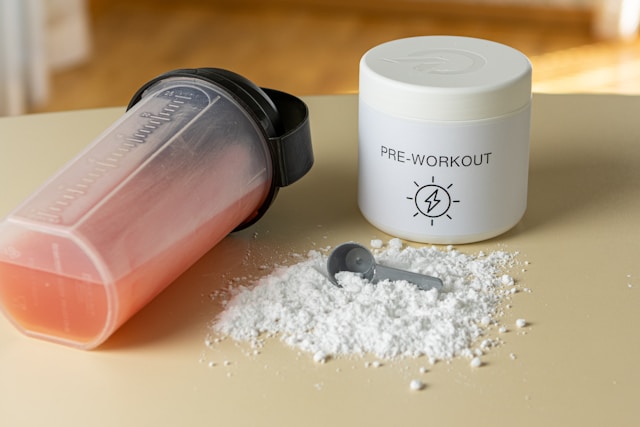
While looking for protein shakes, it’s better to keep it simple. This means you should opt for the protein shake containing the minimum number of ingredients. In general, protein powders with over 5 ingredients are easy to find. The lesser number of ingredients also ensures that the powder will have more protein content.
Apart from this, such protein powders have fewer or no additives, fillers, and artificial flavors, which make them organic and safe to consume.
However, if you’re taking a protein shake as a replacement for a meal, it’s good to have some amount of sugar if you’re already not consuming it in your diet. This will balance the amount of nutrients you need in the meal through the protein shake.
Also, your protein powder should have less amount of carbohydrates and fats. Protein powders that are dairy-free and gluten-free mostly have fewer carbohydrates. Thus, it’s better to opt for organic protein powders as their fat and carbohydrate quantity is very low.
4. Check for artificial sweeteners
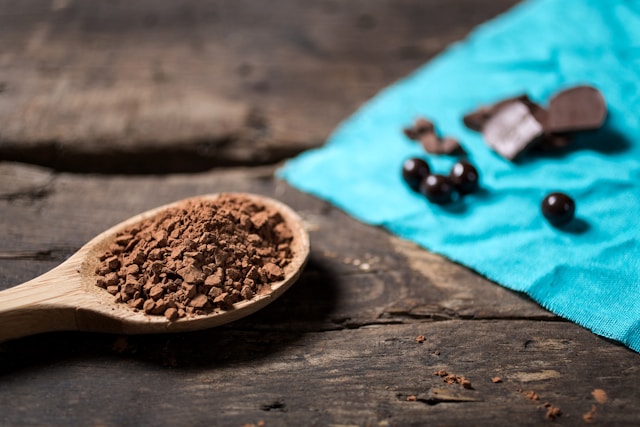
Fitness enthusiasts are usually very conscious about anything artificial in their diet. However, as the taste of protein powder itself can be a bit unpleasant, some powders contain artificial sweeteners to make it easy to consume.
If you don’t like sweeteners too, you can look for unflavored protein powders. Otherwise, there are zero-calorie sweeteners as well that are derived naturally from fruits.
While it’s fine to have safe sweeteners to gain weight, you shouldn’t consume protein powders with artificial sweeteners if you want to lose weight.
5. Fitness goals
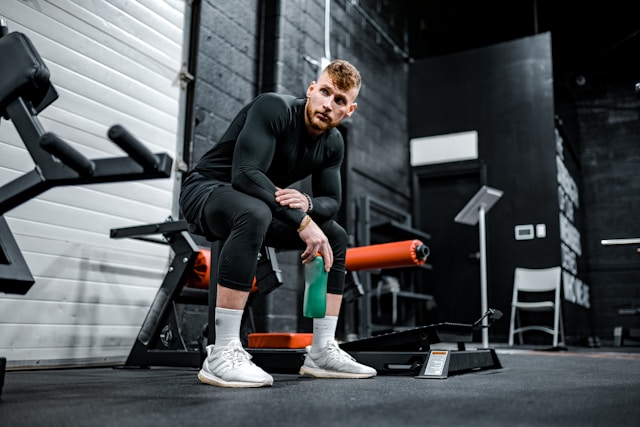
Whether you’re taking protein powder to gain weight, lose weight, or build muscles, the protein powder will be different.
When it comes to building muscles, whey protein powder is considered best. This is because whey isolate digests and absorbs in the muscles quickly.
Opting for casein protein powder while dieting can be a good option because it is a slow-digesting protein. Thus, it will make you feel full for a long time. People on weight loss goals shouldn’t choose protein powders with BCAAs because they primarily aim to build muscles. Also, it shouldn’t have sweeteners or added sugar.
While protein powder is considered safe for people with diabetes, make sure it doesn’t contain any sugar. In such a case, also make sure the protein shake is low in carbohydrates.
6. Check the essential amino acids (EAA)
What’s the point of a protein shake if it doesn’t even contain the essential amino acids?
Yes, if you’re new to the world of protein shakes, remember that essential amino acids are important. They help in muscle repair and protein synthesis, making them great for post-workout.
As these essential amino acids aren’t naturally made by the body, we need to consume them in our diets to make use of their benefits. You can check the amount of EAAs per serving by reading the label of the package.
In general, leucine is the most important EAA in protein powders. This is because leucine is known for promoting muscle growth and increasing muscle mass. Also, another study revealed that leucine can help suppress hunger, making it ideal for people who consume protein shakes for weight loss.
Take-Away Message
Although the market has tons of protein powders claiming to be the most, it all comes down to your own preference. Each protein powder is suited for specific goals. Therefore, in order to choose the right protein powder for you, you need to determine your goals.
The properties of protein powder for anyone who wants to build muscles will be different from those who wish to lose weight or get energy.
So, to keep you out of confusion, our guide will help you keep the most important factors in mind while buying a protein powder.
Grab the right protein powder and start your fitness journey!












